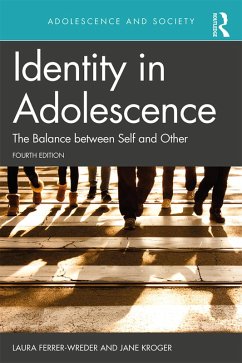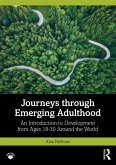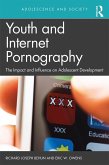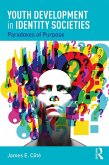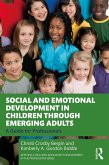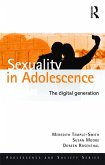Identity in Adolescence addresses the complex question of how adolescent identity forms and develops during adolescence and young adulthood and serves as the foundation for entering adult life. The book is unique in its presentation of four selected models that address this process, along with cutting-edge research and the implications that each of these models hold for practical interventions. This new edition has been comprehensively revised, with five completely new chapters and three that have been extensively updated. New special topics are also addressed, including ethnic, sexual, and gender identity development, the role of technology in adolescent identity development, and ongoing identity development beyond adolescence.
The book is essential reading for advanced undergraduate and graduate students studying adolescent development, self and social identity within developmental psychology, social psychology and clinical psychology, as well as practitioners in the fields of child welfare and mental health services, social work, youth and community work and counselling.
Dieser Download kann aus rechtlichen Gründen nur mit Rechnungsadresse in A, B, BG, CY, CZ, D, DK, EW, E, FIN, F, GR, HR, H, IRL, I, LT, L, LR, M, NL, PL, P, R, S, SLO, SK ausgeliefert werden.
This fourth edition of Identity in Adolescence not only provides the most comprehensive review of the theoretical landscape of identity development in adolescence, but it also highlights critical contemporary issues facing identity scholars in our modern digital and global contexts. - Renee Galliher, Utah State University
The new fourth edition of Identity in Adolescence: The Balance between Self and Other addresses and critiques the foundational theories of identity (Erikson, Blos, Marcia, and others) while also looking ahead to contemporary themes, including life in the digital world, intersectionality of identities, and neurological underpinnings of identity. The volume is an important resource for professionals working with adolescents, as well as for parents and those setting policy affecting adolescents. Throughout, it takes a sympathetic view of adolescents and argues for greater understanding of the complex task of identity development in our increasingly identity-conscious world. - Harold D. Grotevant, Ph.D., Rudd Family Foundation Chair in Psychology, University of Massachusetts Amherst
A re-written and updated version of a popular and authoritative book on the most important psychosocial challenge of adolescence: identity formation. New multi-cultural research and practical implications are presented, providing a useful basis for understanding and working with youth as they face the challenges of this crucial developmental stage. - James E. Marcia, Simon Fraser University

